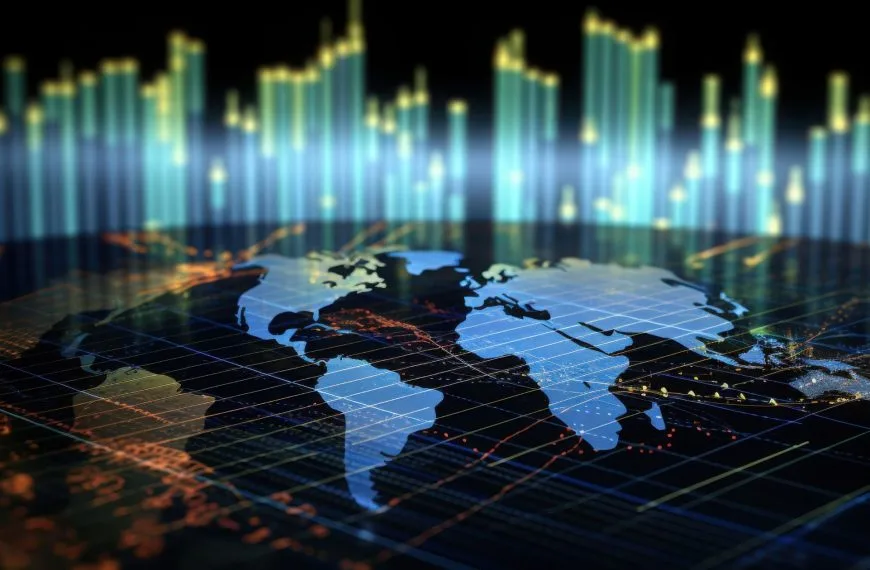Part II – Power Projection Through Governance
While this information may not directly impact SMEs in the UK and globally, understanding AI’s trajectory and future developments is crucial.
Let’s try to understand where AI is heading and what advancements we can anticipate.
Artificial intelligence (AI) has evolved beyond a technological breakthrough into a tool for global power projection. Nations are shaping AI governance not just for innovation but to influence norms, secure economic leverage, and redefine military and regulatory landscapes.
This second instalment examines how countries use AI governance to assert dominance, focusing on control mechanisms, global collaborations, and ethical concerns. Understanding these dynamics is key to ensuring AI serves humanity’s collective good.
Mechanisms of Control and Power Projection
Economic and Industrial Policy
Governments use AI governance to strengthen domestic industries, restrict exports of critical technologies, and subsidise computing resources, ensuring competitiveness and national security.
Regulatory Authority and Standard Setting
By setting AI regulations, nations influence global norms.
The EU’s AI Act compels international compliance with its ethical and safety standards, extending its regulatory reach.
Control of Critical Infrastructure
Dominating AI supply chains, such as semiconductors and cloud computing, gives nations leverage over global data flows and technological dependencies.
Data Governance
Managing data flows is crucial for security and sovereignty. Nations impose controls to protect sensitive information and maintain strategic advantages.
AI Safety and Misuse
AI poses risks such as cyberattacks and autonomous weaponry. International cooperation is vital to prevent misuse and mitigate global security threats.
Military Applications
AI enhances defence capabilities, from surveillance to logistics. However, unchecked militarisation risks escalating global tensions, making governance crucial.
International Cooperation and Capacity Building
AI’s rapid advancement demands global collaboration. Organisations like the G7, OECD, and EU are shaping governance frameworks, ensuring AI benefits all economies.
Developing nations often lack access to AI resources, and bridging this gap through investment and knowledge-sharing fosters a more inclusive AI landscape. Collaborative policies ensure AI systems reflect diverse cultural and ethical perspectives.
Strengthening AI Governance Through Compute Regulation
Compute governance enhances AI oversight by improving transparency, resource allocation, and compliance.
Visibility: Enhancing Transparency
Tracking AI compute usage helps regulators monitor key players and ensure ethical compliance.
Resource Allocation: Supporting Beneficial AI
Prioritising AI projects for the public good, such as healthcare and climate solutions, ensures responsible development while restricting harmful applications.
Enforcement: Ensuring Compliance
Real-time monitoring prevents unauthorised AI development, strengthening accountability and reducing risks.
AI Governance for Collective Progress
AI is reshaping global power dynamics. Effective governance balances national interests with ethical responsibility. By prioritising transparency, collaboration, and inclusivity, nations can ensure AI benefits all, rather than a privileged few.
The challenge ahead is creating governance frameworks that uphold innovation while preventing misuse. AI should be a force for collective advancement—serving humanity as a whole.
NorthStar Consultingprovides insights based on data-driven analytics and insights.
Follow The Pulse to stay updated on the latest tech innovation developments.




